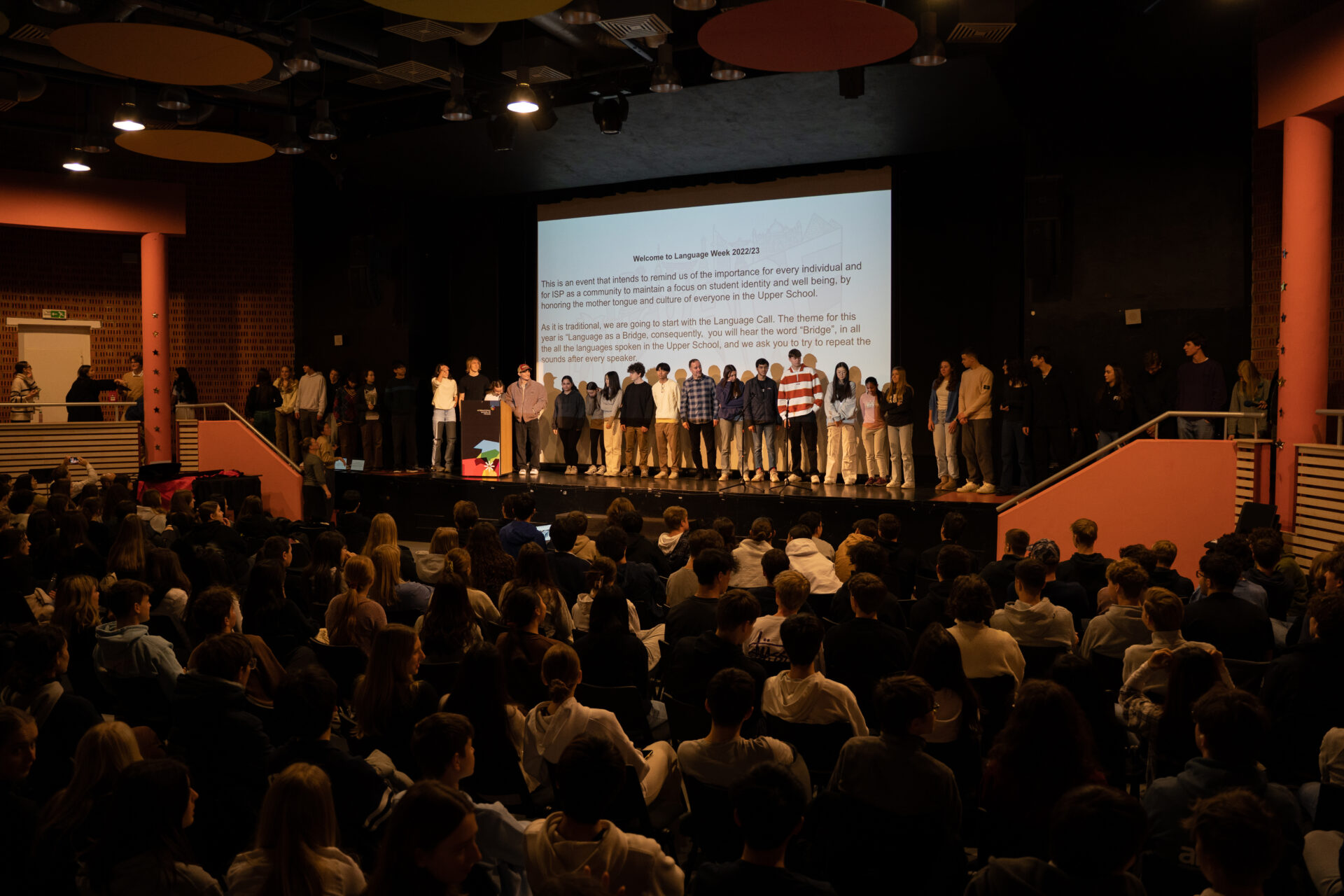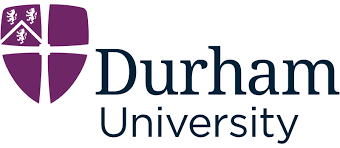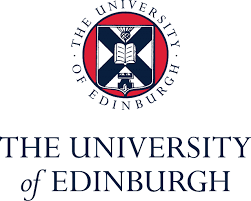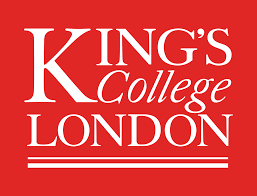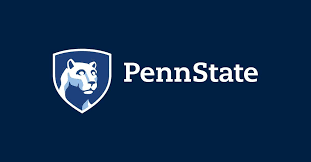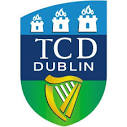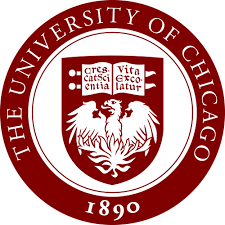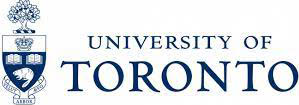By Sofia , Grade 11
This year’s Language Week, which commenced on the 6th of February and ended on the 10th, was united by the theme “Language is a Bridge.” As part of the week-long event, Upper School students and teachers were able to attend a multitude of student-led lessons on different languages and cultures represented by ISP students.
Tuesday’s Community Gathering (CG) started off with a language call: 50+ representatives of all the languages spoken at ISP created a line spanning the stage, with each providing a translation of the word “bridge.” The CG was filled with students and faculty sharing personal and historical anecdotes. All the activities and lessons were connected and guided by the theme of “Language is a Bridge.” This week, I met with Ms. Rodlingova, one of the teachers supervising the event, to discuss Language Week’s history and the concept of language itself.
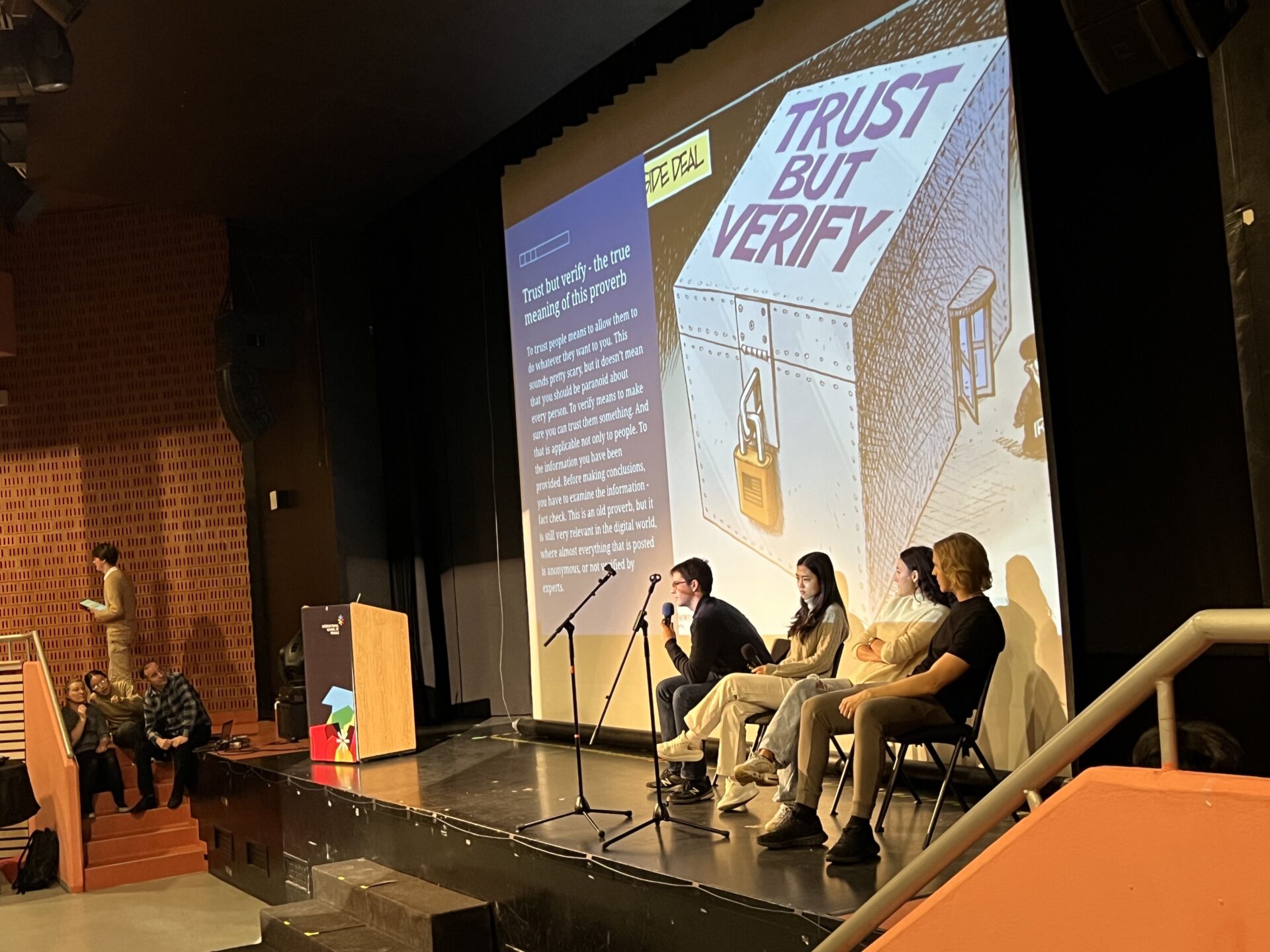
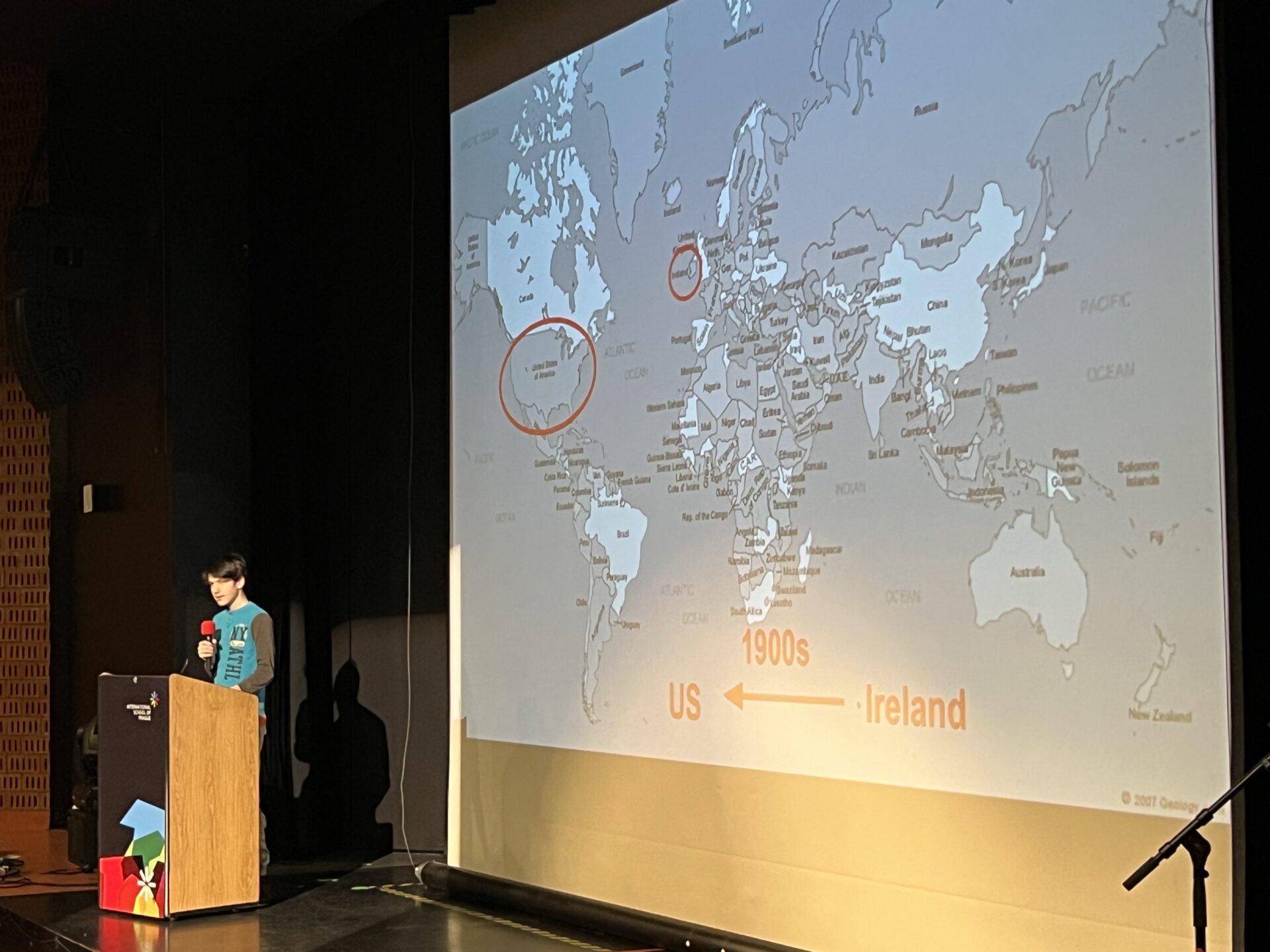
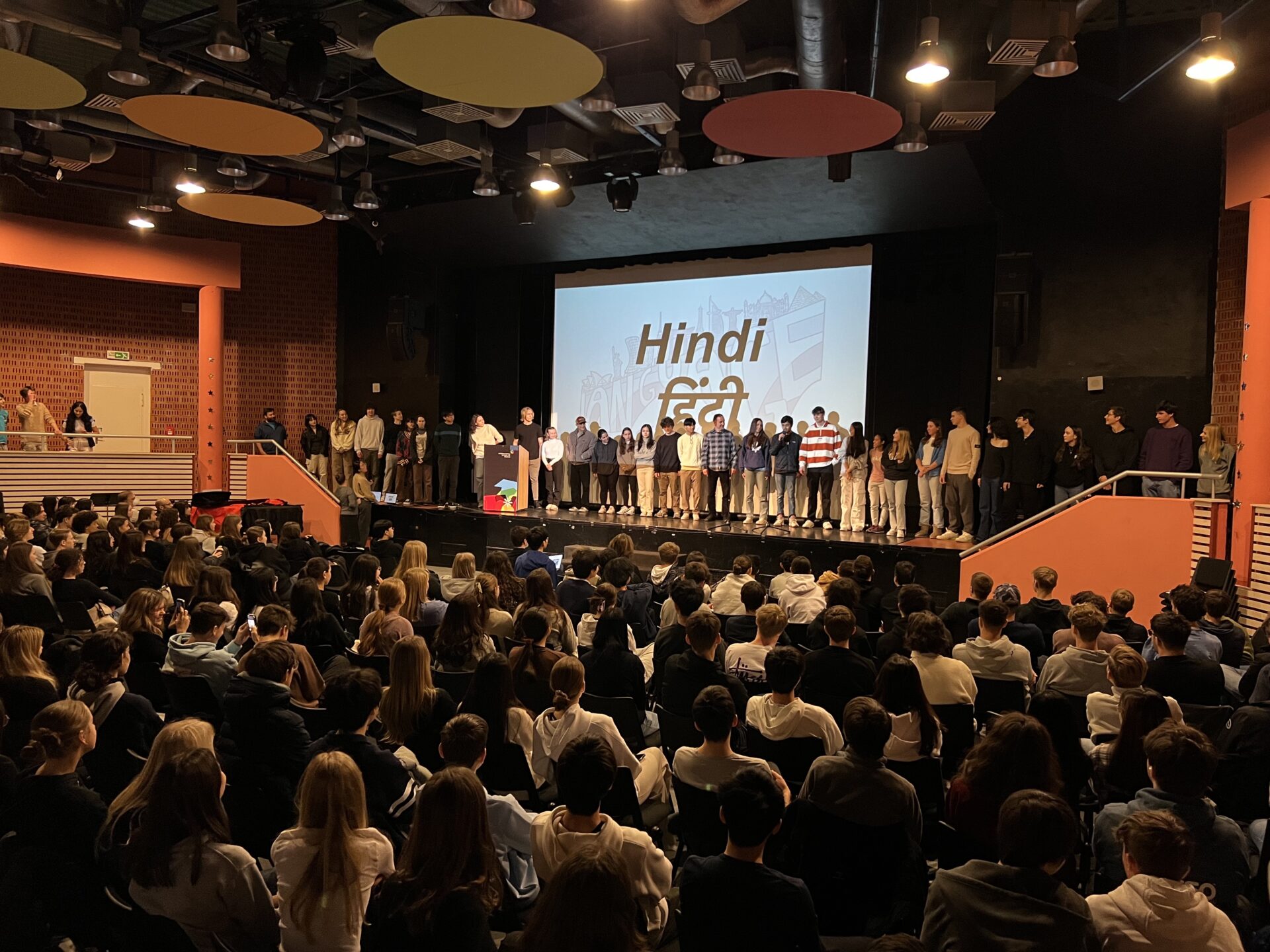
How did Language Week start? When did it start? Were you here when it started?
Language week started in 2005. A French language teacher at the time had the idea of hosting an event for the many languages and cultures that we have at ISP. It started as a Language Day, and eventually it developed into a full Language Week. Because of COVID, we took a two-year break, and now we are bringing Language Week back.
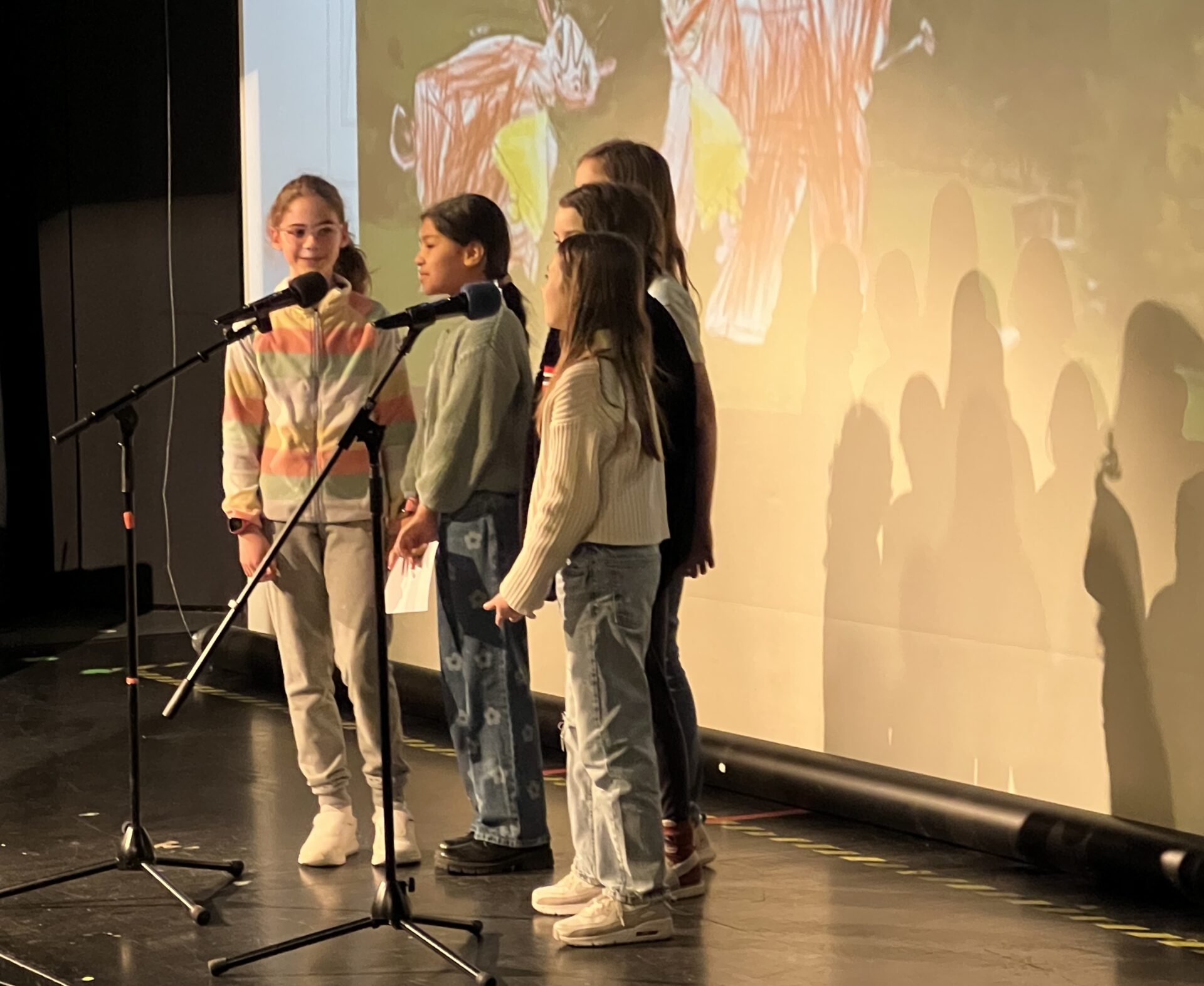
About 50 students participated in this year’s event; have students always been so keen to be involved? Is the student-participation always this large?
This year, we had about a third of the events that usually take place during Language Week. Because we are bringing it back, people were not familiar with the event, and they did not know what to expect.
In total, there was a core team of about 20 student organisers, and about 30 or more students involved in other ways.
We only presented the two most visible parts of Language Week this year: the assembly, and the student-led language lessons. In the past we would also have guest speakers, film screenings, games, music in the cafeteria… so there is a lot that I hope will happen next year to bring Language Week back to its former glory.
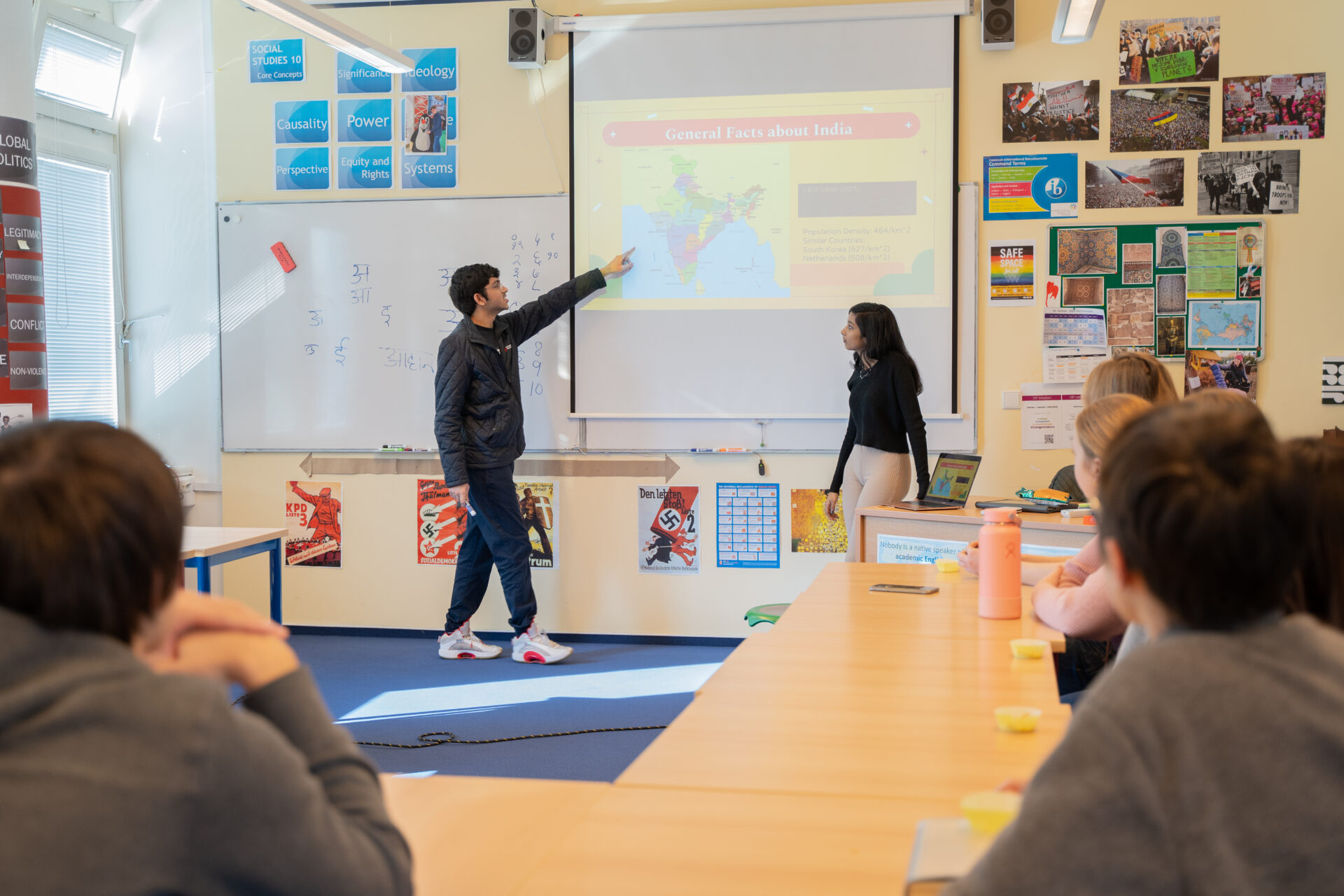
Could you please explain how the process for choosing this year’s theme worked? How did the team arrive at the theme of ‘Language is a Bridge
Every year, we try to have a unified theme for the week. The idea behind Language Week is really to celebrate, and to highlight the many cultures we have at ISP. So, the themes very often focus on making the invisible visible, and celebrating the interactions between the many people of our community.
For example, we’ve had themes of ‘Unheard Voices,’ or ‘Lost and Found in Translation.’ This year, because we are coming back from a two-year break,–which was very unusual for our community– because we have seen global events which have highlighted the need for communication in the global community, the theme of a bridge came up as the unifying one. ‘Language is a bridge;’ as in one that bridges time, people, communities and space.
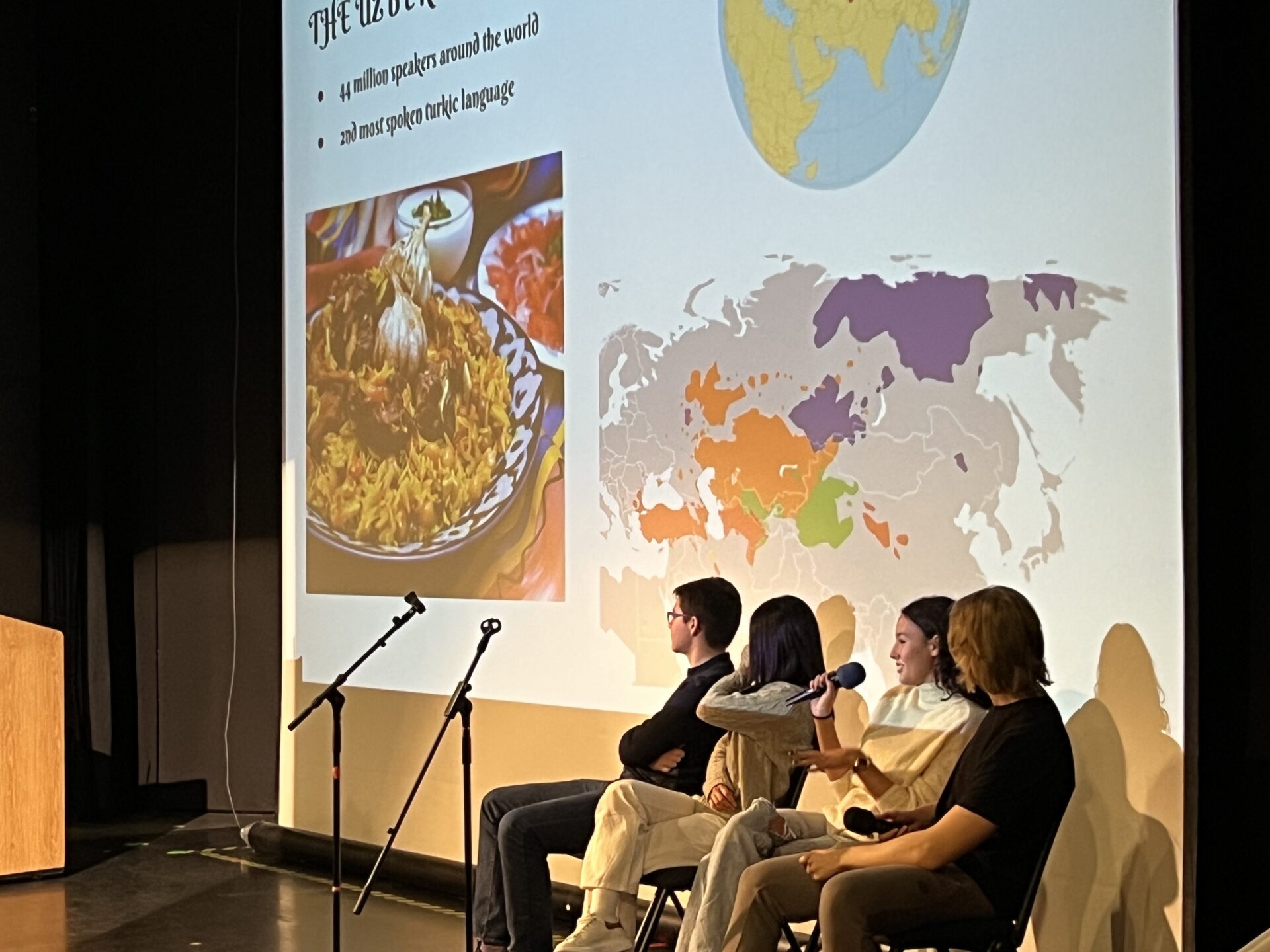
What does Language Week mean to you?
I love it! It means a few sleepless nights. It means my kids don’t see me for a few days. But, it’s all worth it. Because, I feel that there is a richness in our community that we do not have an opportunity to see and celebrate on a daily basis.
Language Week gives power and voice to the many people who have hidden talents, hidden skills, and very rich hidden cultures–that they can share with the community.
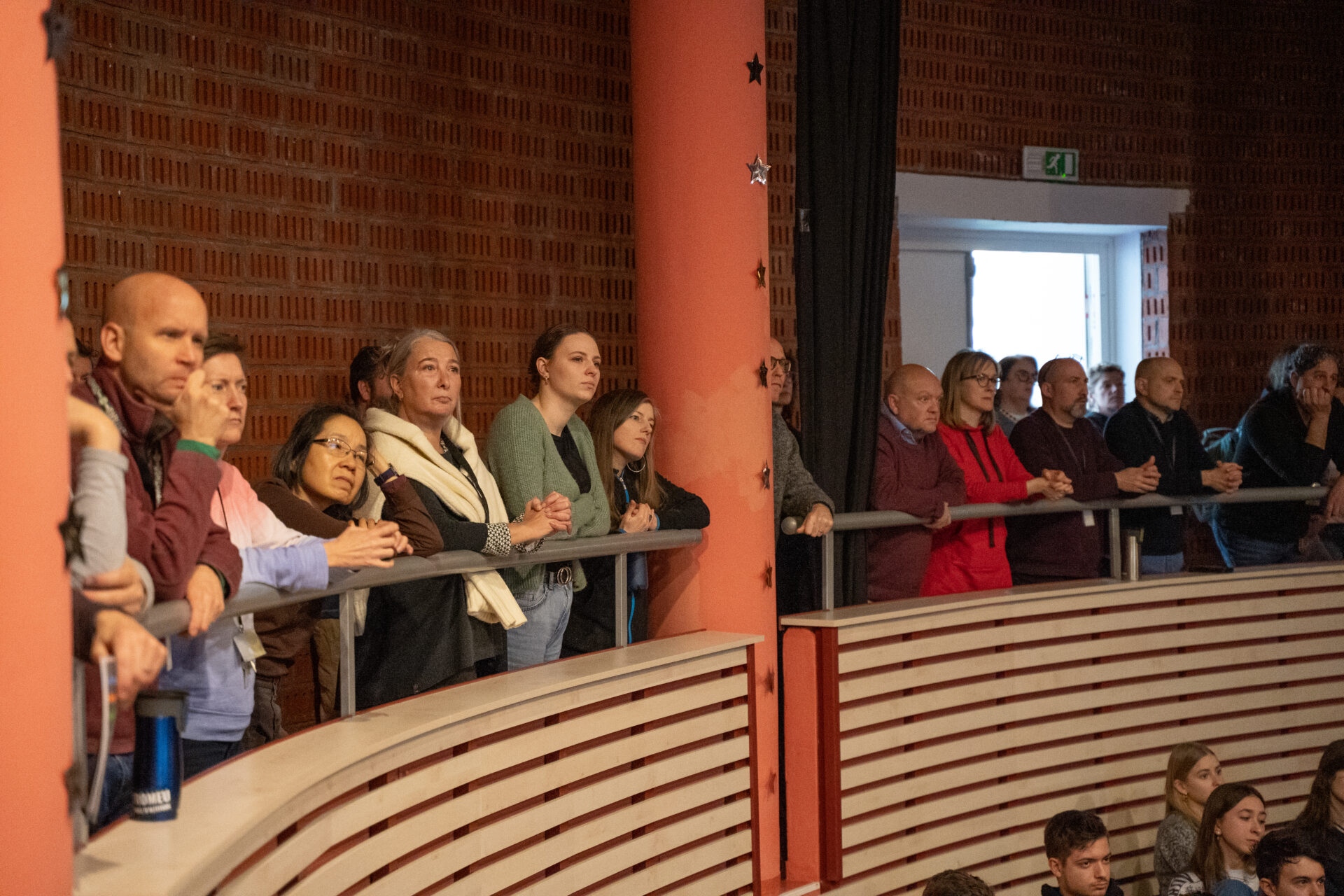
Connecting to this beauty, and the richness of these hidden cultures in our community highlighted this week: do you think that language is beautiful?
How much time do you have?! Language is the gate that lets you into the culture, the identity, the thoughts, everything that makes humans human. Through language, we can access what people think and how people think.
Through language we can value all the unseen values we have that are inherent in our cultures, those which can cause connection or misunderstanding. One very powerful metaphor is that of the cultural iceberg. On the surface, when we talk about culture we mention the flags, the costumes, the different foods people eat…But, this is only the surface of a culture. On a deeper level, we have differences in how people interact, how they value time, family or space, their rules of politeness, or ways of addressing each other; and all that can be seen through language.
And so, Language Week actually isn’t only about languages –it’s about all the culture that lies underneath.
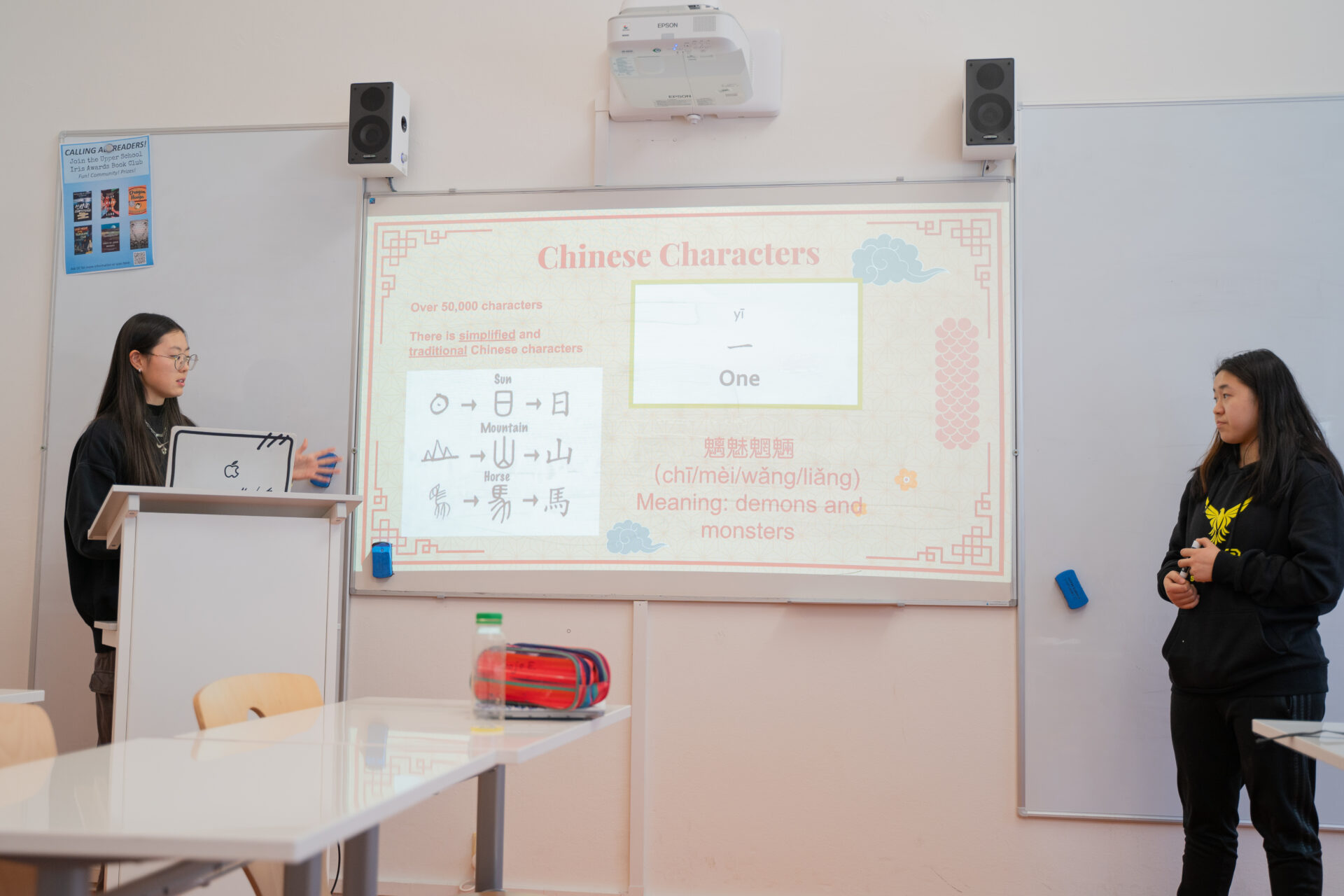
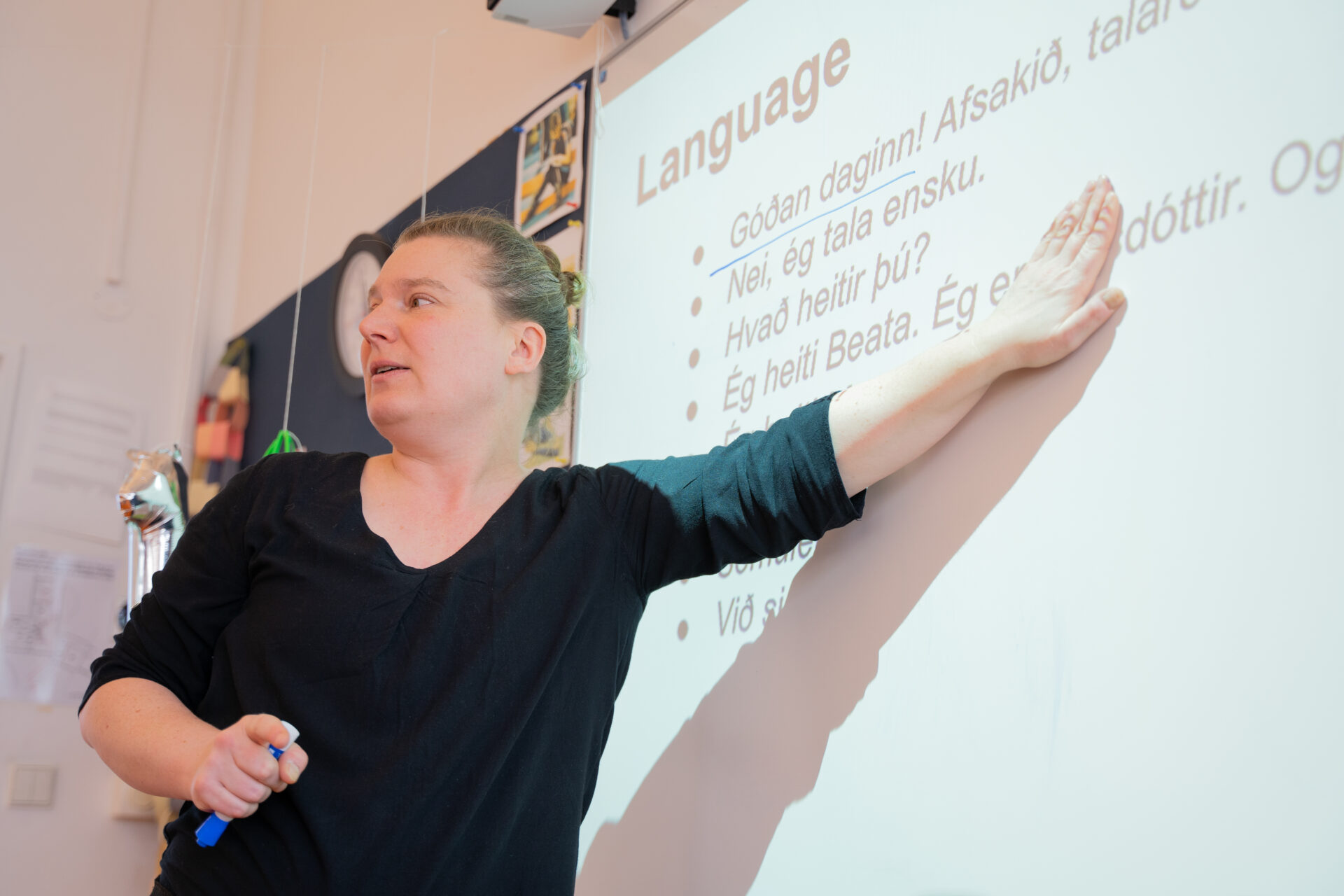
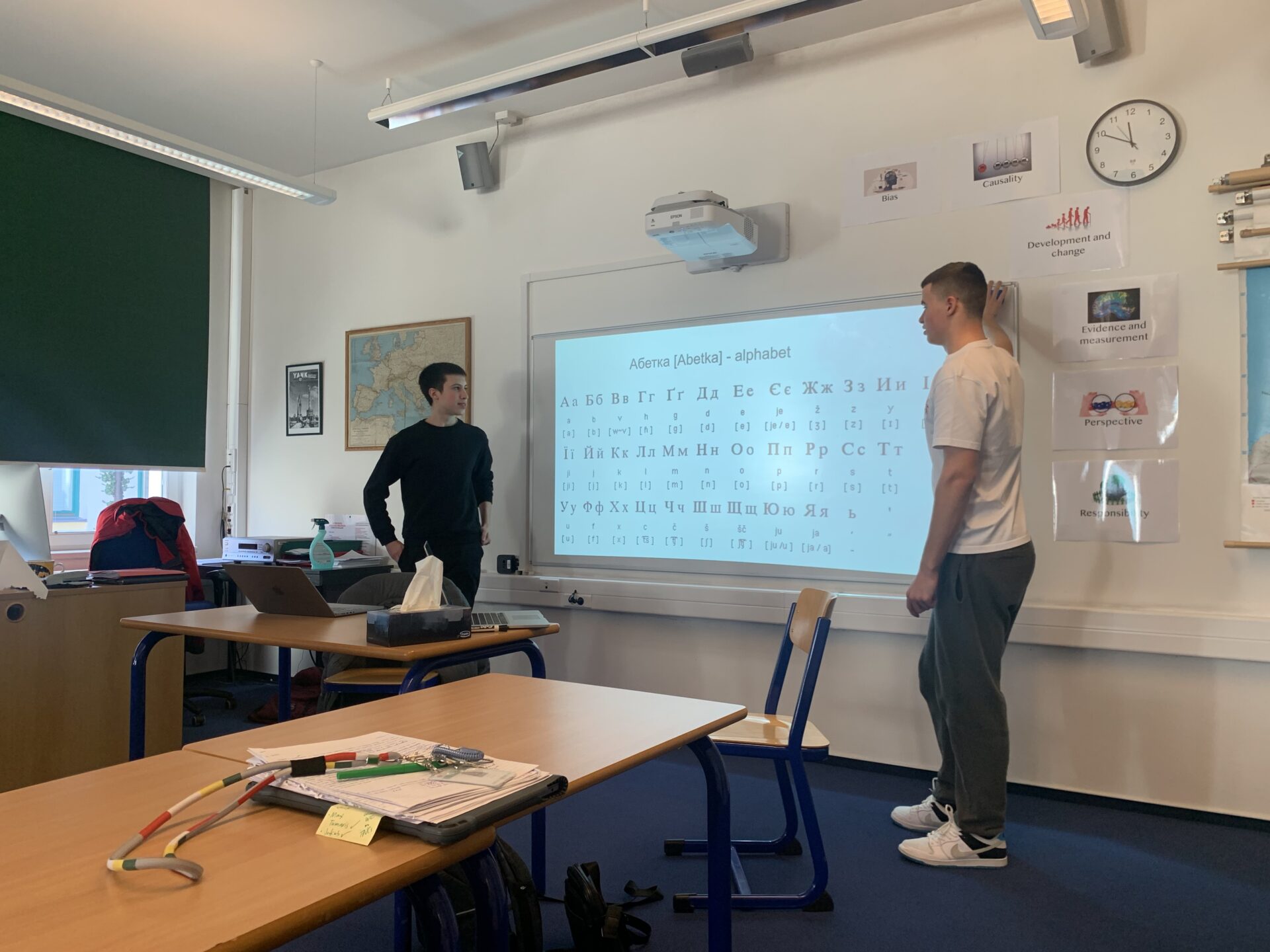
One more question: do you think that we have, or ever will, create a completely universal language? Do you think we should?
There have been many attempts at a universal language. There are universal languages out there that people speak. There are even native speakers of constructed, universal languages. I feel that the goal of universal languages such as Esperanto– that of removing misunderstandings, and creating lasting peace– is a worthy one. After all, the many varieties of English, the “world Englishes” of today, are achieving that goal to some extent. But, I think that getting rid of linguistic differences and different languages would be a shame. Our contexts are different.
There are many diverse communities in the world, each with a very different context. The specific languages we speak reveal that context. If we learn a language, if we are familiar with a language, we get enriched by this new context.
As Ludwig Wittgenstein said, ‘the limits of my language are the limits of my world.’ And, as the Czech saying goes: ‘kolik řečí umíš, tolikrát jsi člověkem.’ You are as many times a human as many languages you speak. With every new language, we acquire a new perspective of the world.
There’s also linguist Tove Skutnabb-Kangas uses the term “linguistic genocide” when she refers to language loss – and claims that English-language schools are partially responsible by not giving enough space to their students’ home languages. I am excited to see that with events such as Language Week ISP is trying not to contribute to the trend of “anglicization”. We must maintain the richness that comes with diversity–so thank you, the Tower of Babel, for creating that!
You can watch the Language Week Community Gathering on Vimeo or Youtube in case you missed it.
